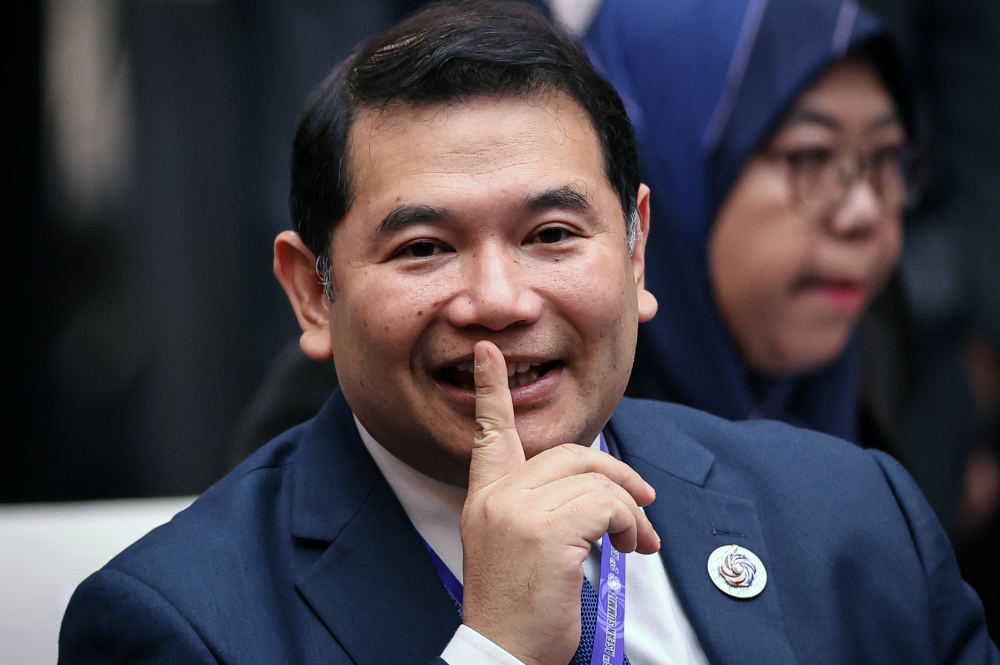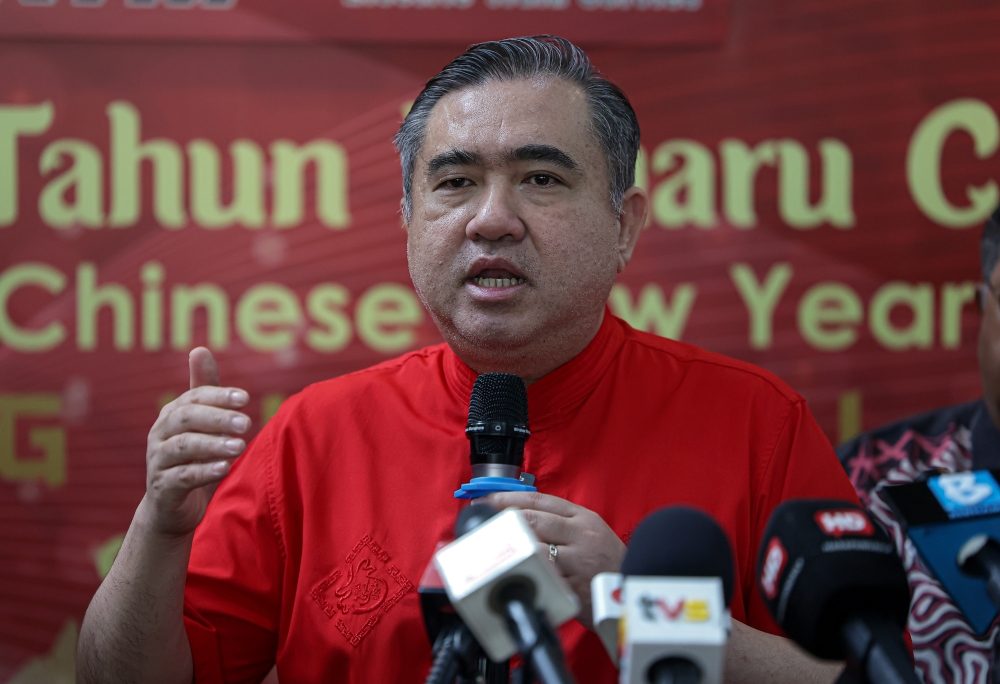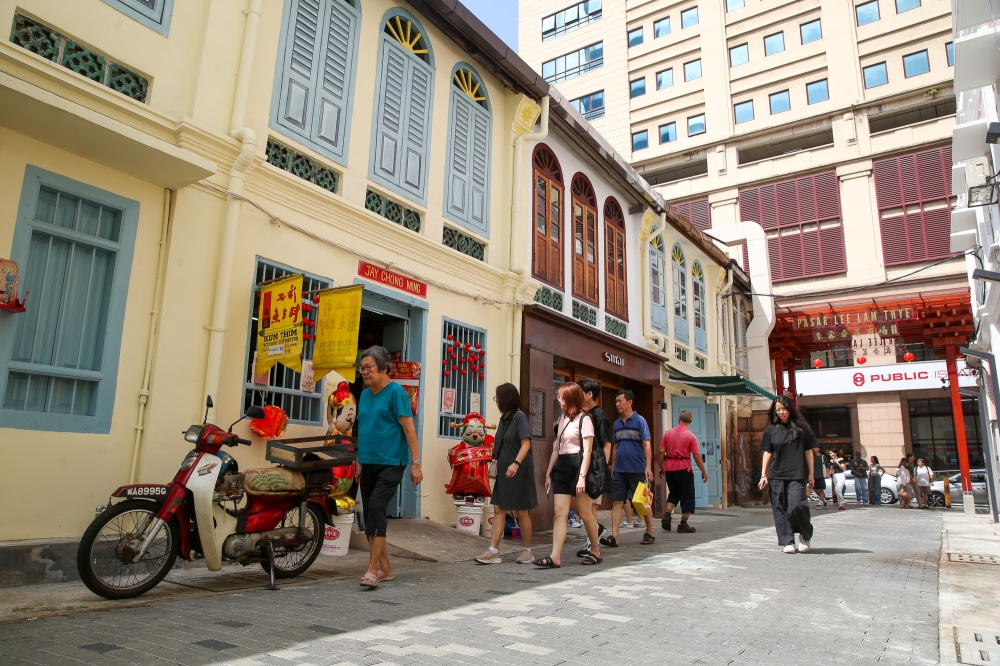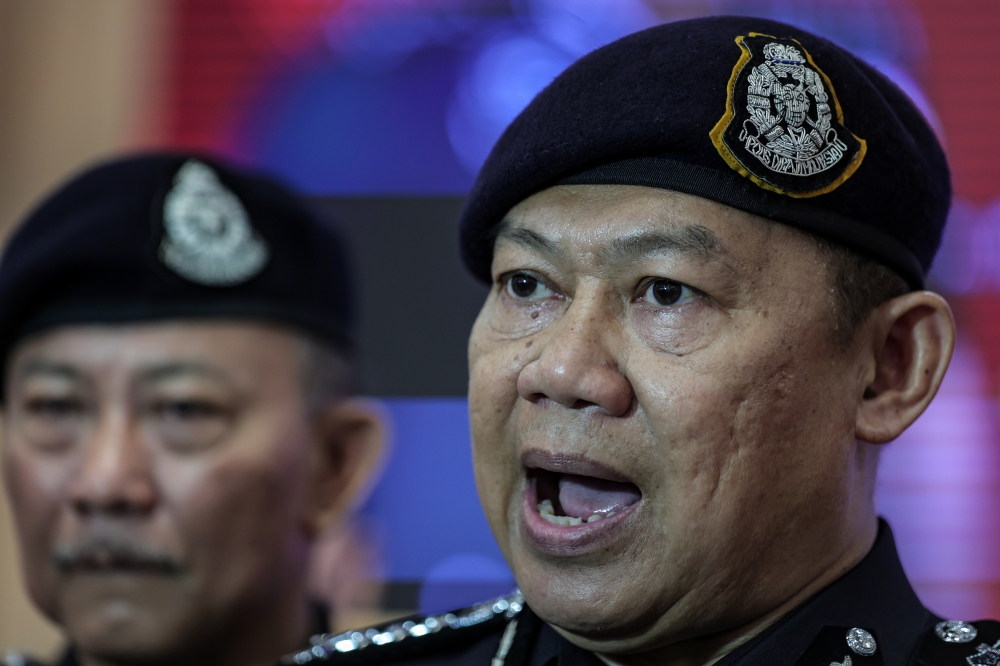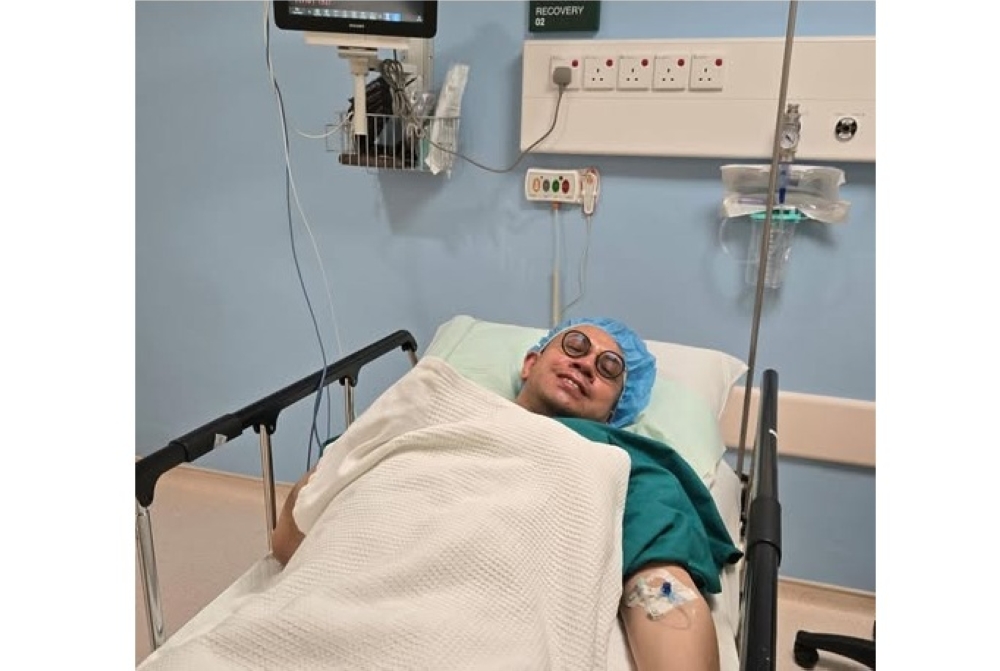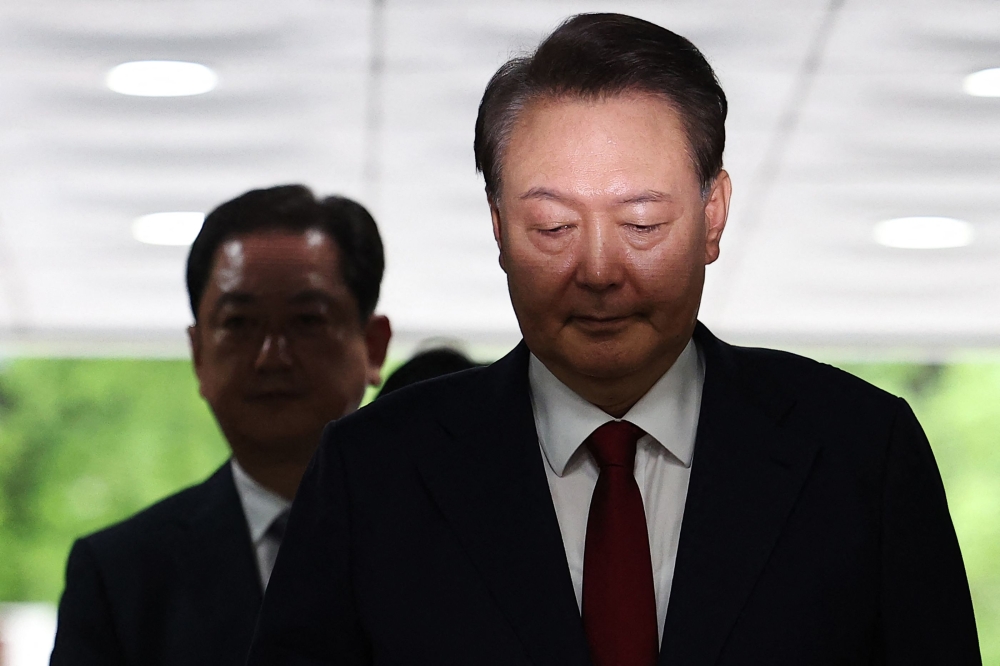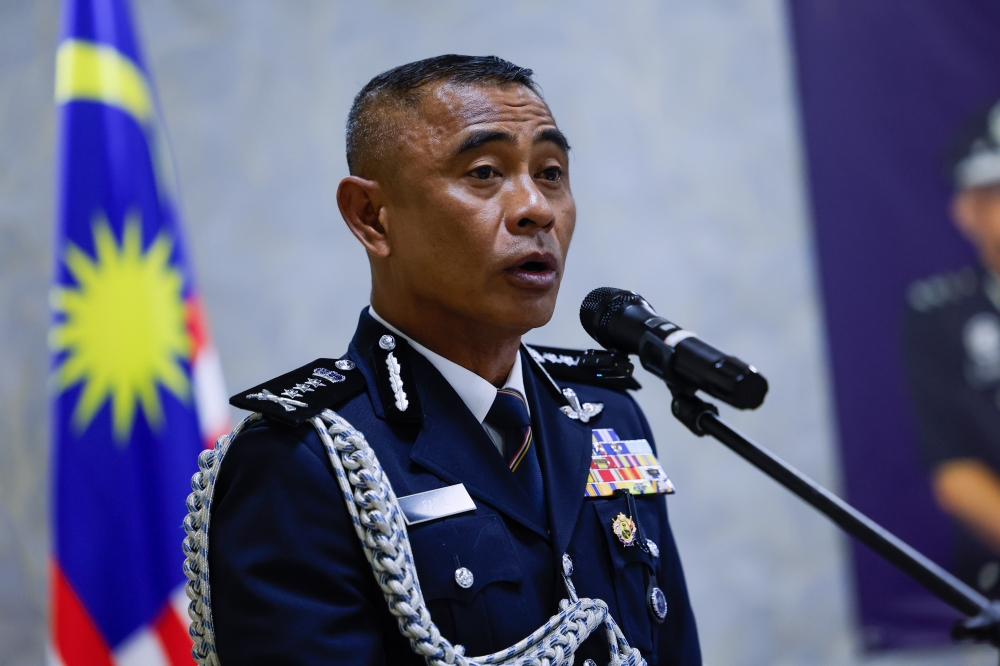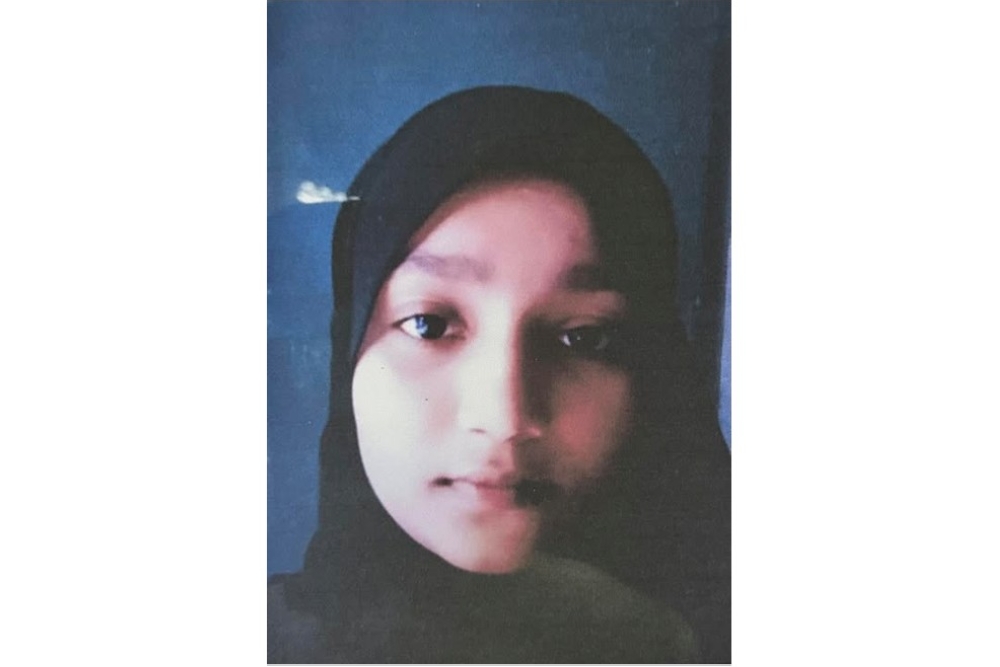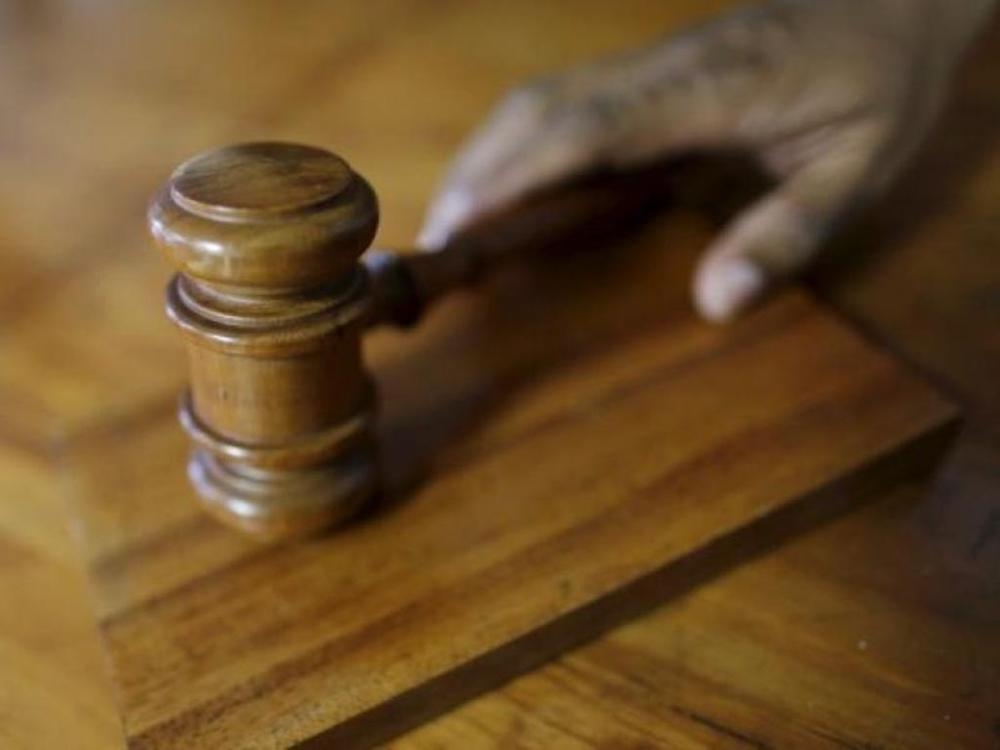KUALA LUMPUR, May 29 — The Malaysian government’s stern position against drunk driving that cause deaths in road accidents does not mean that non-Muslims in the country would not be allowed to drink alcohol, minister in charge of parliament and law Datuk Takiyuddin Hassan clarified today.
Takiyuddin however said non-Muslims would have to obey the relevant laws when drinking alcohol.
“Although the government is firm in the issue of fatal accidents involving drunk drivers, it does not mean the government is denying the right of non-Muslims to drink alcohol. They are free to do so, as long as they comply with all related legal provisions,” the Kota Bharu MP and PAS secretary-general concluded in a statement today.
Earlier in the same statement in his capacity as the minister in charge of law, Takiyuddin said the government was paying serious attention to and would be taking firm action on cases of fatal road accidents involving drunk drivers, which he said had recently been on the rise.
Takiyuddin explained that an immediate step that would be taken is to ensure that the proposal for an amendment of the Road Transport Act 1987 as finalised by the Transport Ministry would be brought to the next Parliament meeting.
The proposed amendments are expected to be related to Section 44 of the same law regarding driving while being drunk and causing injuries or deaths, as well as Section 45 which relates to those driving under the influence even though they are not involved in any road accidents, Takiyuddin said.
Takiyuddin said the government also backs the proposal of changing the law to make it compulsory for a jail term to be given to those convicted under Section 45, instead of leaving it to the courts’ discretion.
“The government is also very supportive of the Transport Ministry’s proposal to set a mandatory jail term on drivers who are arrested for driving while intoxicated (Section 45), which according to the existing provisions are still under the discretionary power of the courts,” he said.
“By increasing the rate of fine and jail term, the Attorney-General, after the amendment is carried out, can prosecute offenders at the Sessions Court that has a higher jurisdiction,” he added.
Checks show that the Road Transport Act’s Section 44 covers the offence of driving — while being unable to have proper control of the vehicle due to the influence of alcohol or drugs, or whose alcohol levels in the body exceeds the prescribed limit — and causing a person to be injured or to die.
The penalty for the Section 44 offence is a jail term of between three to 10 years and a fine of between RM8,000 to RM20,000. Section 44 also disqualifies a person convicted of this offence from having a driving licence for at least five years, or for 10 years if they repeat the offence.
The Road Transport Act’s Section 45 covers the offence of being in charge of a vehicle and being incapable of having proper control of it due to the influence of alcohol or drugs, despite not driving the vehicle. This is punishable by a maximum fine of RM1,000 and maximum three-month jail term for first-term offenders, with higher penalties of a fine of RM2,000 to RM6,000 and a maximum 12-month jail term for repeat offenders with provisions for disqualification from holding a driving licence for a certain period.
In the same statement, Takiyuddin said the government would discuss with the Attorney-General’s Chambers for a deterrent step to be taken by having cases involving deaths caused by drunk drivers to also be investigated and prosecuted under the Penal Code, including under Section 302 for causing death intentionally or Section 307 for attempt to murder intentionally.
A check of the Penal Code shows Section 302 stating that the penalty for murder is a death sentence, while Section 307 covers the offence of attempt to murder which comes with various penalties including jail sentences.
“Besides that, the police also have to help the families of victims of fatal road accidents caused by drunk drivers, especially to enable them to make civil claims in court which is their right under the law,” he added.

